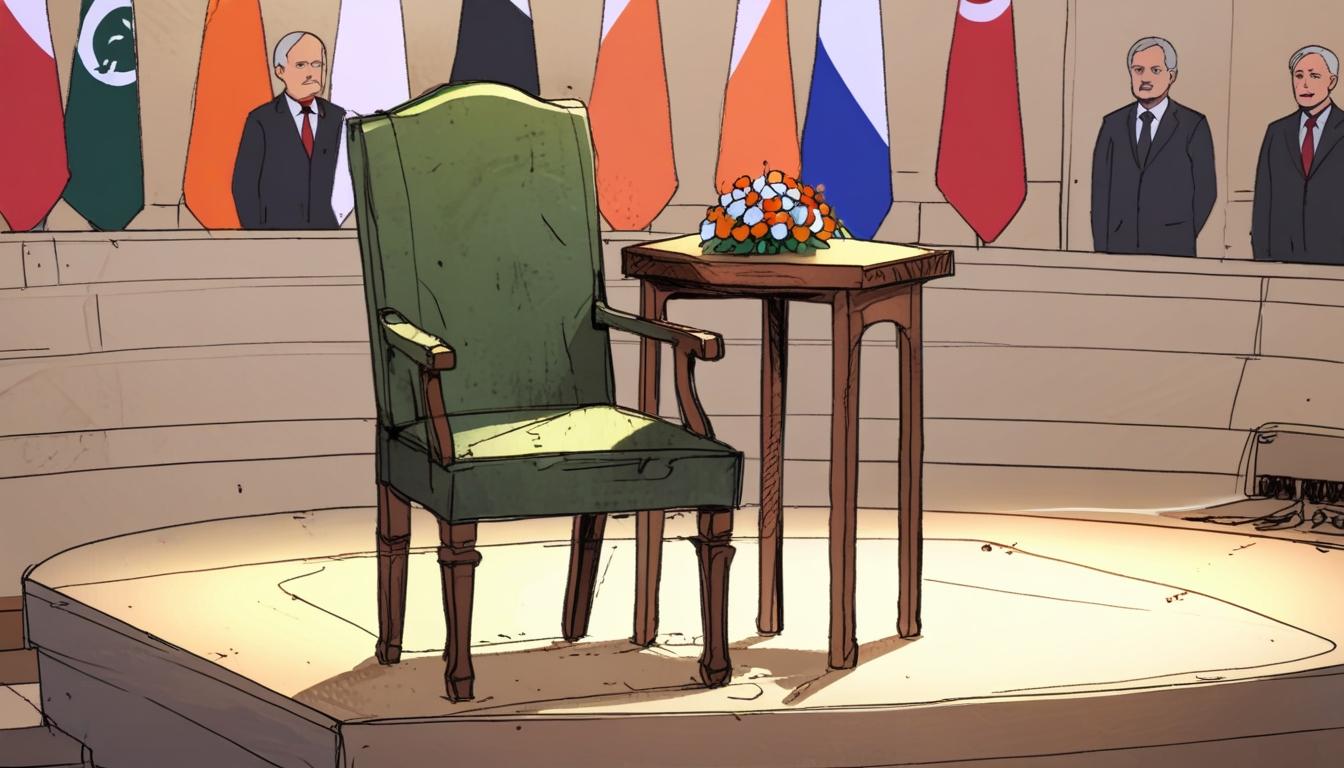Indian Prime Minister Narendra Modi will not attend Russia’s upcoming Victory Day celebrations, scheduled for 9 May, according to a Kremlin spokesperson. Dmitry Peskov stated on Wednesday, "The leader of India will not come, India will not be represented at the highest level," though he did not provide specific reasons for the decision.
Earlier in April, India’s foreign ministry had confirmed that Russian President Vladimir Putin had extended an invitation to Mr Modi to join the commemoration marking the 80th anniversary of the Soviet Union’s victory over Nazi Germany. At the time, the ministry indicated an official announcement about India’s participation would be made “in due course.” However, no formal confirmation has been given by India, and Mr Modi's absence appears linked to escalating tensions between New Delhi and Islamabad.
The tensions intensified following one of the deadliest attacks on tourists in Indian-administered Kashmir last Tuesday. In the scenic Baisaran Valley, militants opened fire, killing at least 26 people. Mr Modi, who was on a state visit to Saudi Arabia, cut his tour short to return home. The Indian government has accused Pakistan of supporting the terrorist attack, a charge Pakistan denies, resulting in New Delhi cancelling visas for all Pakistanis residing in India and suspending a crucial water-sharing treaty.
In response, Pakistan has closed its airspace to Indian airlines and halted trade with India. Cross-border shelling along the Line of Control—the de facto border dividing Kashmir between the two countries—has also increased amidst this heightened state of hostility.
Pakistan’s Information Minister, Attaullah Tarar, claimed on Wednesday that Islamabad possessed credible intelligence suggesting India might launch military action within 24 to 36 hours, based on what Pakistan describes as “baseless and concocted allegations of involvement” in the Kashmir attack.
China has expressed support for Pakistan’s call for an impartial investigation into the incident. China’s top diplomat Wang Yi told his Pakistani counterpart that “as an ironclad friend and all-weather strategic cooperative partner,” China fully understood Pakistan’s security concerns and supported its efforts to uphold sovereignty and security.
Among the 20 world leaders attending the Victory Day event in Moscow is Chinese President Xi Jinping. Although Mr Modi will not be present, India is expected to send Defence Minister Rajnath Singh to represent the country at the event. Mr Singh previously visited Russia last year for the commissioning of the INS Tushil and paid respects at Moscow’s Tomb of the Unknown Soldier.
Russian Foreign Minister Sergey Lavrov in March had confirmed that President Putin had accepted an invitation from India’s head of government, and a visit by Putin to India was being prepared.
In related developments, President Putin announced a “humanitarian” ceasefire in the ongoing conflict in Ukraine, to be in effect from midnight on 8 May until midnight on 11 May, coinciding with Victory Day celebrations. The Kremlin stated that “during this period, all military actions will cease” and expects the Ukrainian side to reciprocate.
The Independent is reporting these developments amidst rising geopolitical tensions between India and Pakistan alongside Russia's ongoing conflict in Ukraine.
Source: Noah Wire Services
